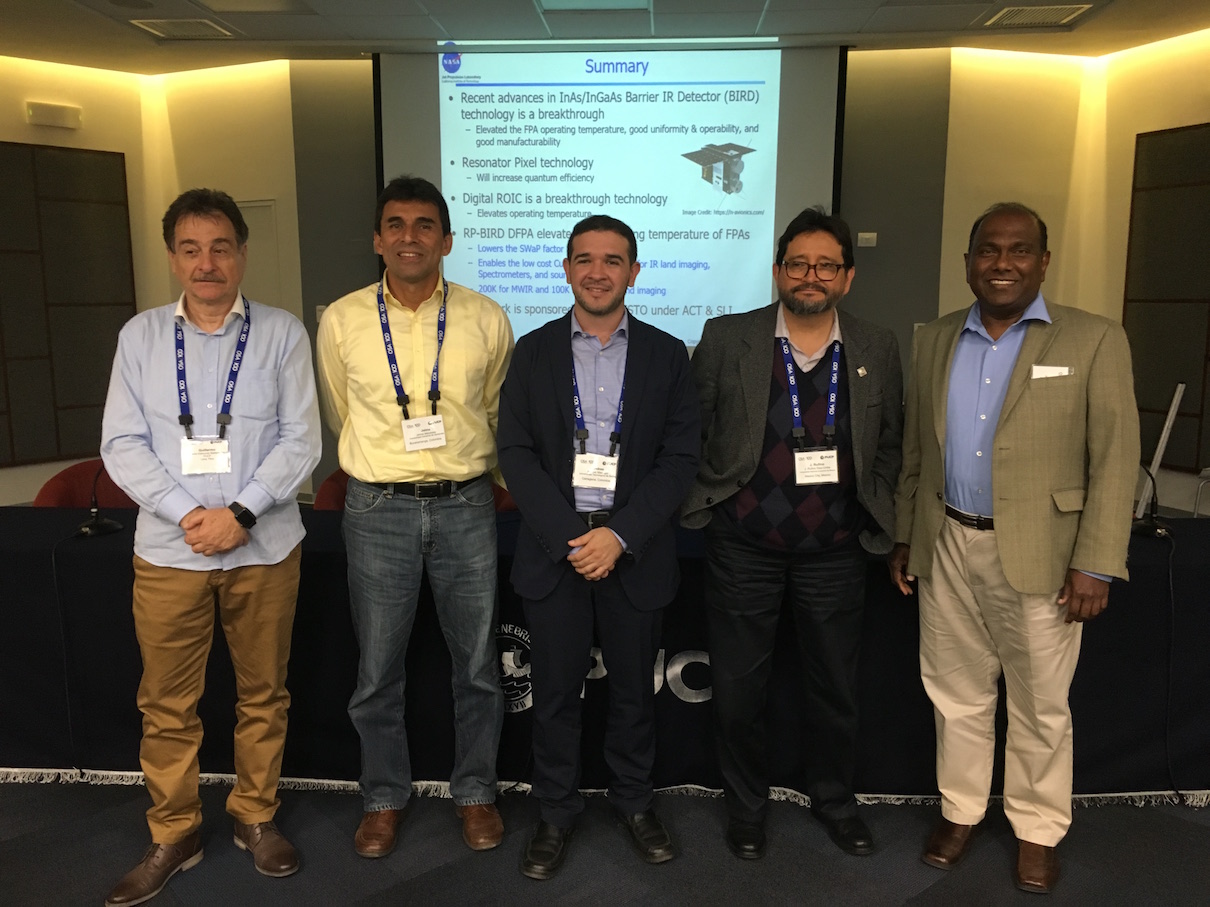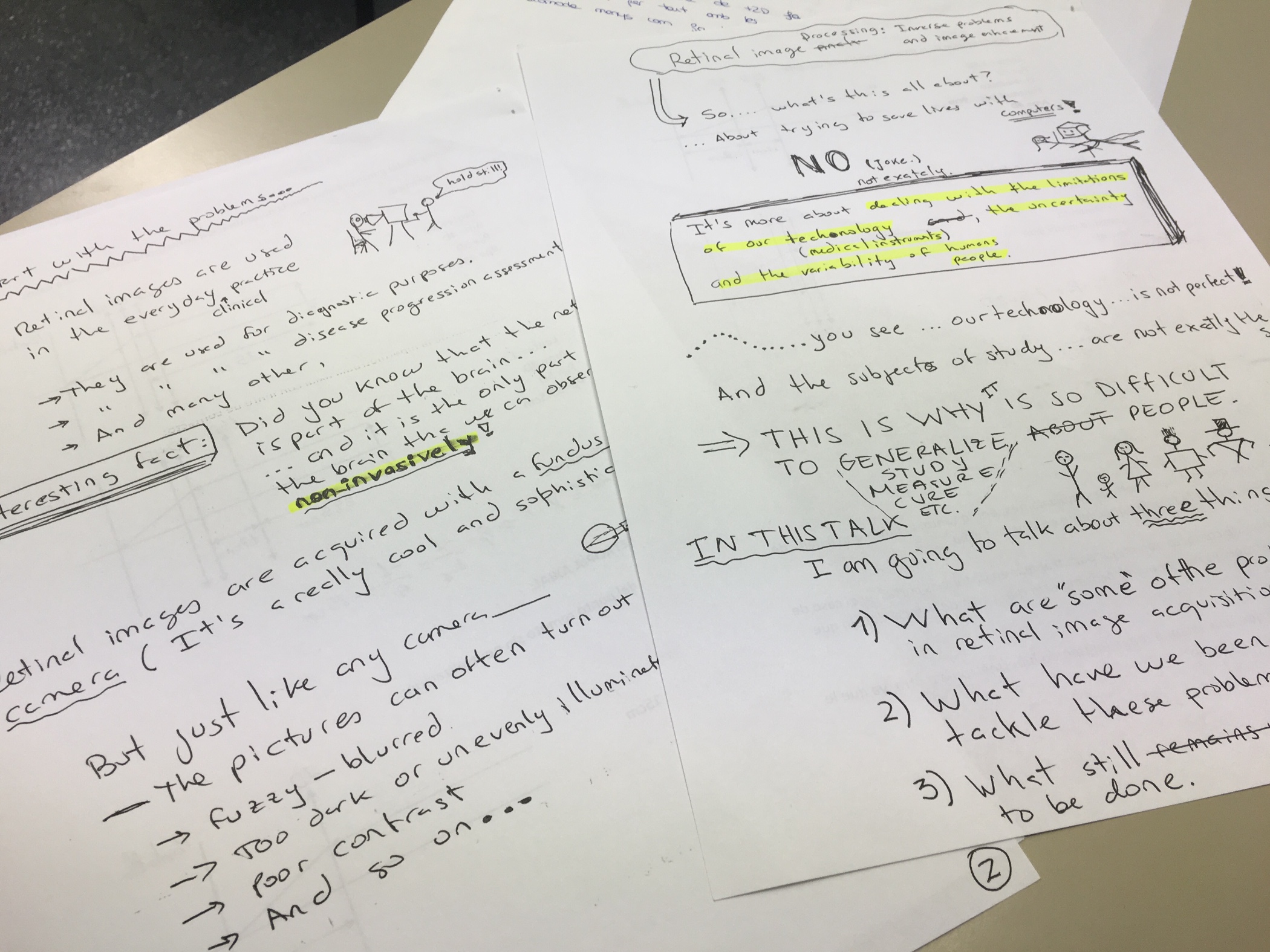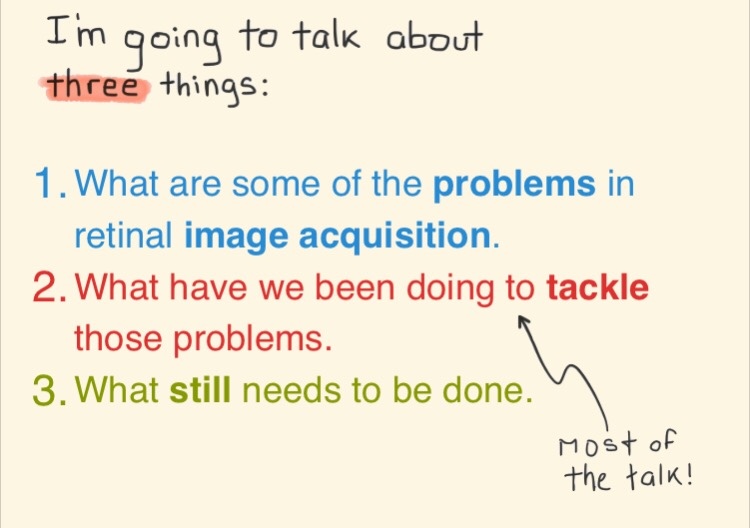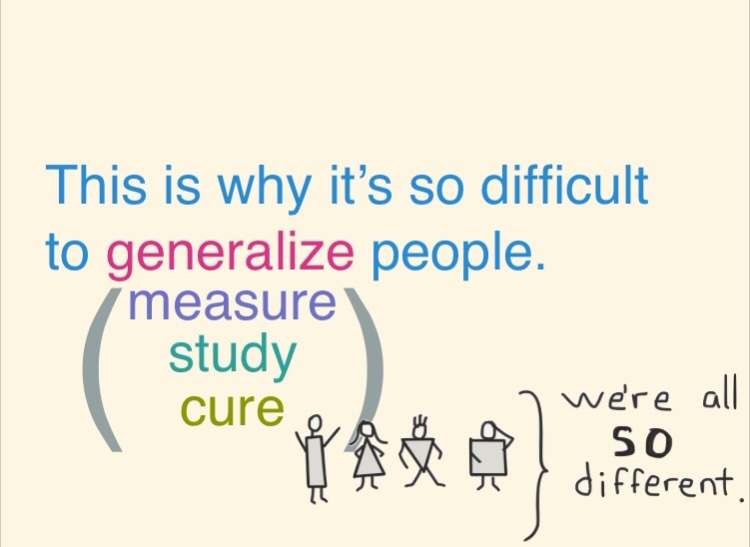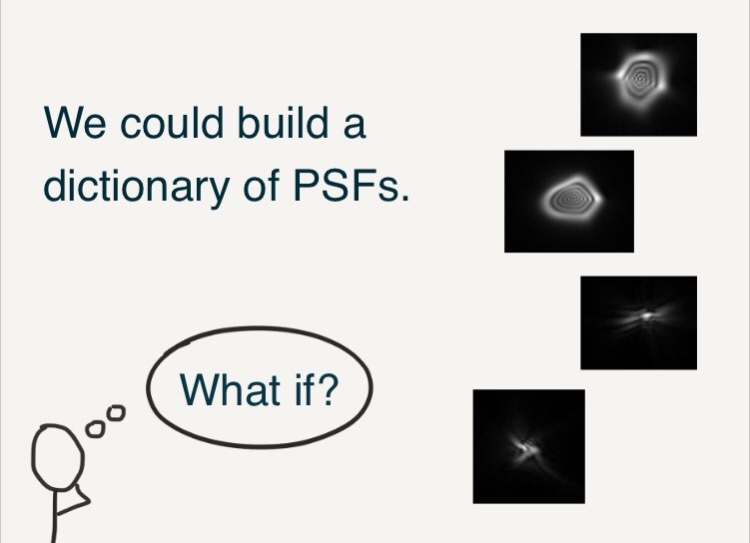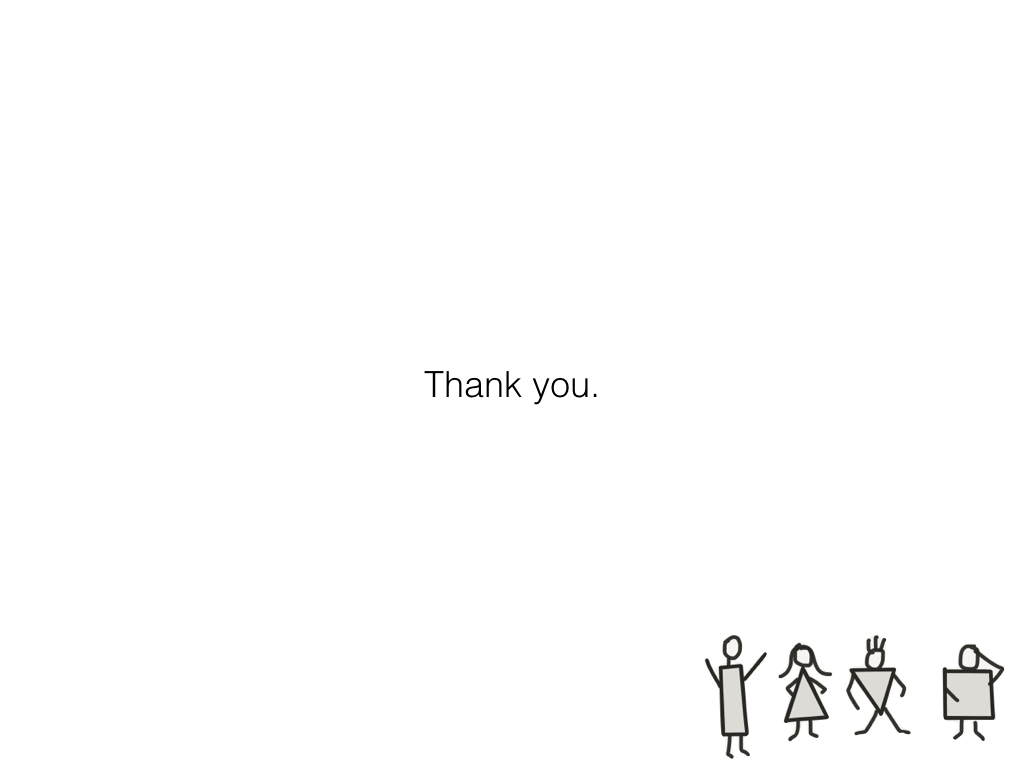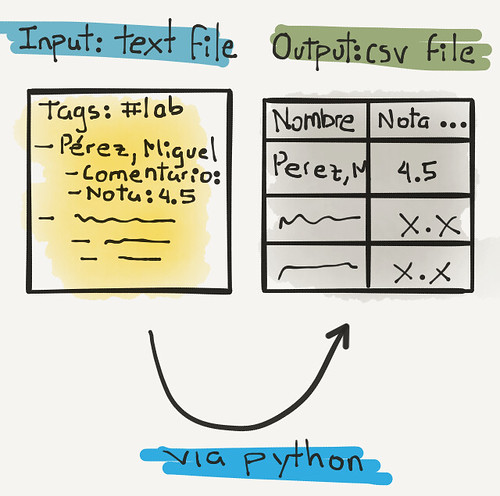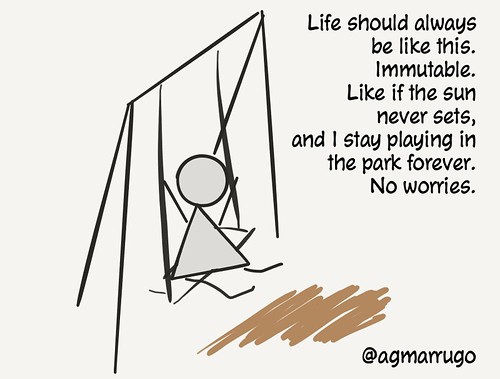As I was scrolling through twitter, I happened to come across this beautiful thread that spoke of the lessons learned by a researcher while contemplating his research in the grand scheme of things. Though he was passionate about his research and the questions he was trying to answer, there would come a time when future researchers - with the advantage of hindsight - would contemplate his work as obsolete and irrelevant. But the truth is that we all have to come to terms with this situation.
It starts with this tweet:
1. One of formative experience of grad school for me was when our lab moved across the hallway to a bigger space & I realised my research didn’t really matter in the grand scheme of science & that this actually made me love science even more. So here is a thread about that.
— Tanentzapf Lab (@TanentzapfLab) February 26, 2020
He came to this realization when he had the opportunity to sit down and listen to someone older than him who had gone through the same excitement for science as he was at that moment. He was young and arrogant. To him, the work of those old guys seemed quaint and had long been solved by other means. But the message that got to him was when that person told him, “we thought what we were doing was the best science.” Also, they had trained many successful scientists in their lab.
So it all boils down to the mere revelation that we should be humble, but still strive to do our best. While in the future, our work may be irrelevant, it is only in hindsight that this judgment should be made, but even if it does become irrelevant for the future, in the present, it is still worthwhile doing. Just the mere fact of training future researchers is an enterprise worth investing in. Because they become the ones that invent the new and more exciting ways of conducting research.
To this thread, someone replied with a quote from the famous poem Ozymandias by Percy Shelley.
Ozymandias
I met a traveller from an antique land Who said: Two vast and trunkless legs of stone Stand in the desert. Near them, on the sand, Half sunk, a shattered visage lies, whose frown, And wrinkled lip, and sneer of cold command, Tell that its sculptor well those passions read Which yet survive, stamped on these lifeless things, The hand that mocked them and the heart that fed. And on the pedestal these words appear: “My name is Ozymandias, king of kings: Look on my works, ye Mighty, and despair!” Nothing beside remains. Round the decay Of that colossal wreck, boundless and bare The lone and level sands stretch far away
He might have been mighty in his day. But all that remains from his empire is sand. So, let’s look at things in context. We know nothing will last forever. Let’s enjoy it while it lasts. If you are passionate about your craft. Keep doing it because you love it, not because you think someone in the future is going to find it useful.
